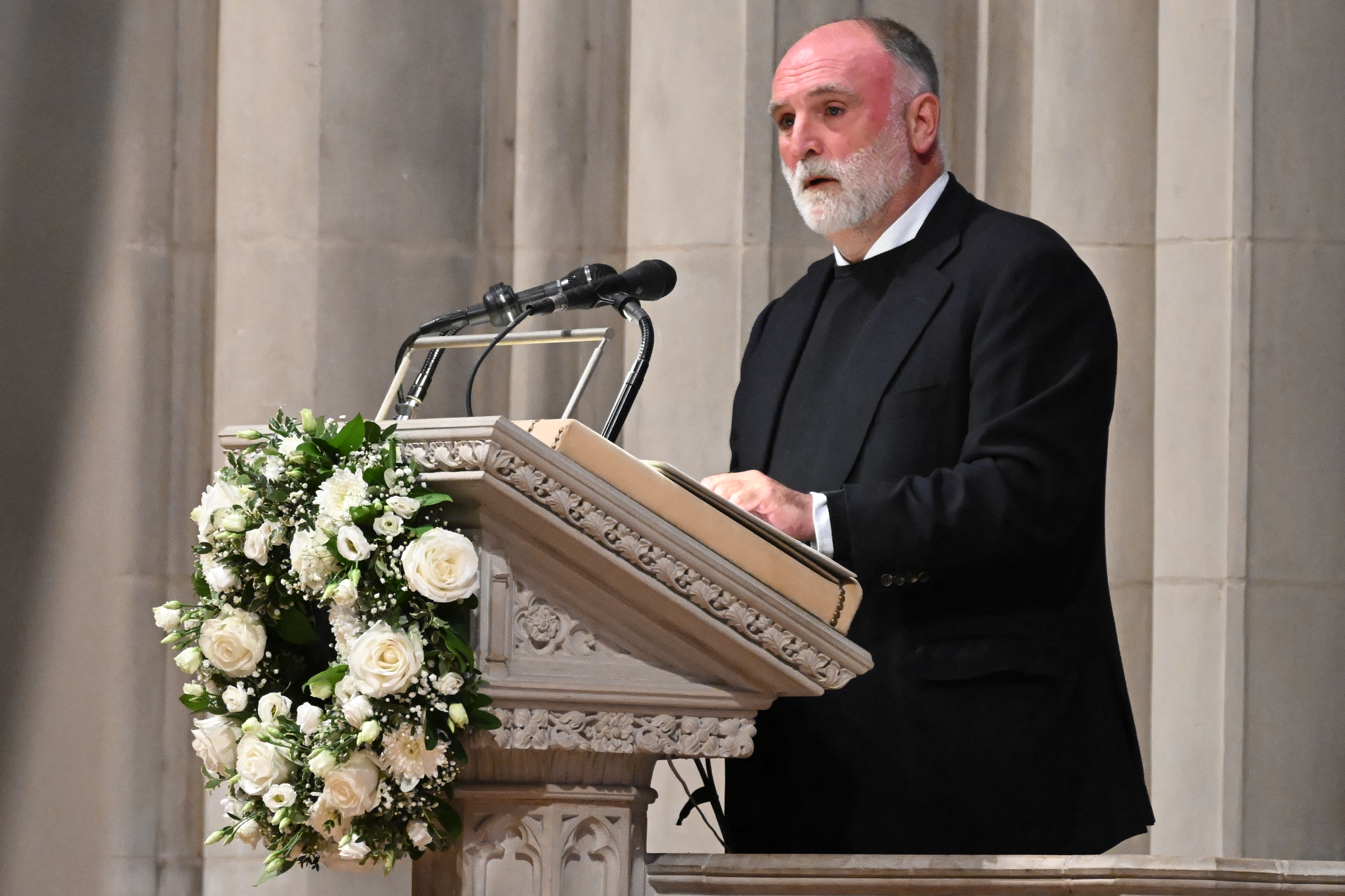The father of a Montgomery County police officer who was killed by a drunken driver is working to close what they say is a loophole in the law that bears his name.
Noah's Law was named for Officer Noah Leotta, who was fatally injured when a driver struck him at a sobriety check point in Rockville in 2015. That driver was sentenced to 10 years in prison.
Leotta's father, Rich Leotta, became one of the state's leading advocates to change Maryland's DUI laws after his son's death.
"I think of Noah and I know what he always used to say to me. He would say, 'Dad these people are not bad people. I'm just catching them at their lowest moment and they can change their lives,'" Rich Leotta said.
We're making it easier for you to find stories that matter with our new newsletter — The 4Front. Sign up here and get news that is important for you to your inbox.
Under the law enacted in 2016, anyone convicted of driving under the influence or driving while intoxicated would also be required to install interlock devices they have to breathe into to operate their vehicles.
But Rich Leotta said a loophole in the law has him back in Annapolis.
"About 60% of the time, judges are not ordering interlocks and that's leaving a lot of people unprotected, including the impaired driver," he said.
Local
Washington, D.C., Maryland and Virginia local news, events and information
According to Maryland data, in 2020 there were more than 14,000 DUI arrests. Nearly half of those offenders received probation before judgement, or PBJ, instead of a DUI conviction. That lesser penalty can also mean avoiding installing an interlock.
On Wednesday, the Maryland House Judiciary Committee held a hearing on a bill attempting to close the loophole.
It would ensure that interlocks are installed even with probation before judgement.
The Distilled Spirit Council of the U.S., an agency that advocates on behalf of the alcohol industry, supports closing the loophole.
"Ignition interlocks are affordable and they are effective," President Chris Swonger said.
One Maryland criminal attorney spoke in opposition to the bill, calling it a step too far.
"This bill takes away discretion of judges and puts commercial drivers in a situation where they cannot have a career over one mistake," DUI and criminal attorney Tom Maronick said.
Leotta says he's ready for another fight.
"We need a law that will close that gap and that's what this does," he said.
A Senate version of the bill is expected to go before committee next week.
In 2021, 3,700 people enrolled in the ignition interlock program attempted to drive while impaired, according to the Maryland Vehicle Association,. The device prohibited them from doing so, the group said.



